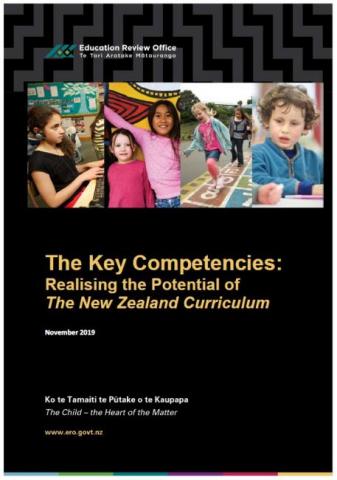Learning in a Covid-19 World: The Impact of Covid-19 on Early Childhood Education
Published: 19 Jan 2021
Early childhood education services had to quickly adapt to changing requirements and periods of uncertainty due to Covid-19 in 2020. ERO undertook work to understand how this affected early childhood education services. This report presents our findings on how Covid-19 impacted children, whānau and services, how services responded and what they learnt, and the challenges that services expect they might face in future alert level changes.
- Audience:
- Early learning
- Education
- Parents
- Content type:
- Research
- Topics:
- COVID-19
- Early Childhood Education (ECE)
- Te Ihuwaka | Education Evaluation Centre

